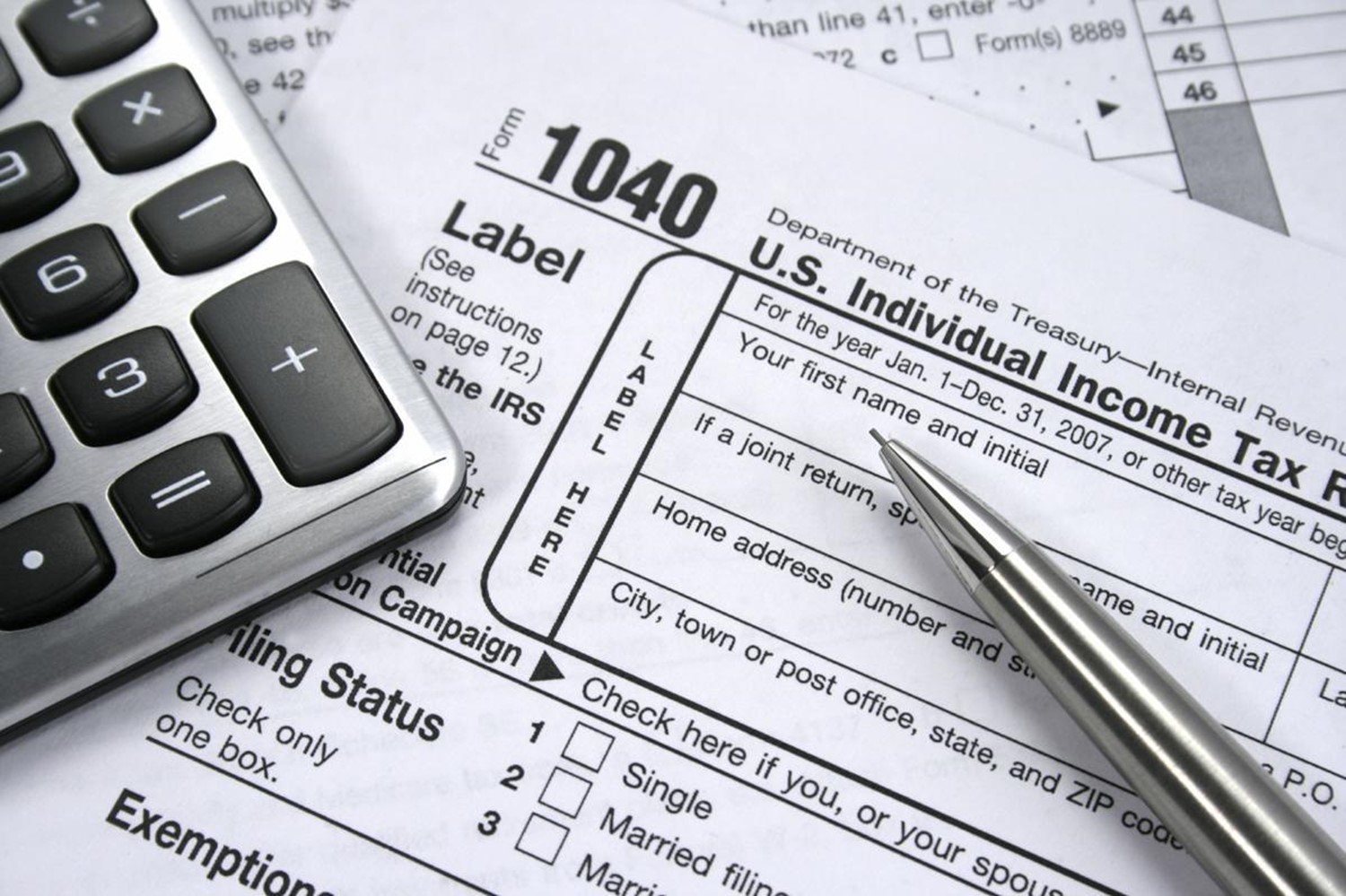
In states that require taxpayers to use the same status on their state income tax return as on their federal return, this can produce conflicting results. Itemized deductions might be greater than the standard deduction on a state return, but the reverse could be true on a federal return. Recent federal law changes have further complicated the choice.
HOW THE TAX CUTS AND JOBS ACT CHANGED THE INCENTIV ES TO ITEMIZE DEDUCTIONS
The Tax Policy Center estimates that the number of taxpayers claiming itemized deductions on their federal returns in 2018 was less than half of what it would have been if the TCJA were not in place. The TCJA made several significant changes to federal law that affect the incentives for itemizing deductions on federal and state tax returns. Some taxpayers in some states may find it better to continue to itemize at the federal level even though their federal itemized deduction is now less than the standard deduction.
RELAXING CONSTRAINTS ON STATE ITEMIZING OPTIONS
Some states require that taxpayers make the same decision about whether to itemize deductions or claim the standard deduction on their state income tax returns as on their federal returns. The impact of relaxing these restrictions varies and depends on the nature of the links and other factors such as the magnitude of the standard deductions in each jurisdiction. Linking state itemized deductions to federal ones also reduces the enforcement requirements for state tax authorities as they can rely, to some extent, on federal checks of itemized deduction. But despite the increasing incentives to delink following the passage of the TCJA, no states to date have relaxed the requirements between federal and state optimization choices. The potential loss in revenue may be one factor preventing states from implementing such changes.
Auto145